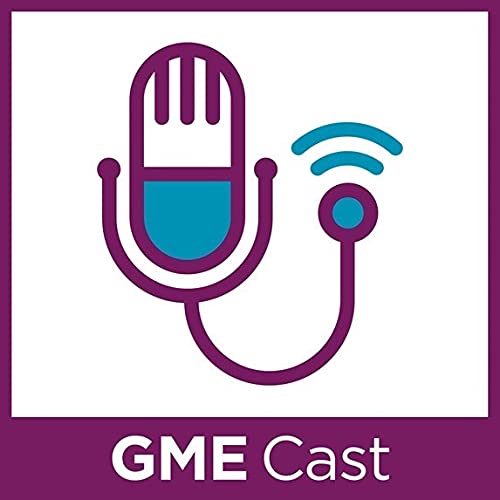Brief Summary: The "Open Notes" requirement in the CURES act has direct impact on documentation in the electronic Health Record (EHR). Hear from our IT specialist Dr. Kristian Feterik, a hospitalist and implementer of EHR documentation tips and tricks, how to maximize your impact in providing optimal patient care in the "Open Notes” era. Learn how real time accessibility of "Open Notes” can empower patients and families towards better health awareness with EHR best practices. Learning Objectives: Detail the importance of "Open notes" brought about by “information blocking” and the Cures actIllustrate recent changes in clinician responsibilities when documenting in the medical recordExplain why certain approaches to the EHR are better than others.Describe how clinicians can empower patients’ health awareness through “Open notes” CME Questions: The OpenNotes movement started as a pilot program in 2009 at Beth Israel Deaconess Medical Center, Harvard Medical School, and Geisinger Health System. The resulting study, published in Annals of Internal Medicine, found that: Virtually all patients wanted the practice to continue, with more than 80 percent of patients reading their notes and a large majority reporting clinically relevant benefit.There was significant disruption of clinical workflow in all participating study sites.Many patients were alarmed by what they read and there was an increase in telephone encounters.Most practitioners reported changing their clinical documentation style.Majority of patients agreed that they should have the option of approving the content of clinical documentation generated by the practitioner. Correct answer: A Reason: Nearly 99% of patient respondents at Beth Israel Deaconess Medical Center (BIDMC), Harvard Medical School (HMS), and Geisinger Health System (GHS) wanted continued access to their visit notes, and 86% at BIDMC, 87% at GHS, and 89% at HMC agreed that open notes would be a somewhat or very important factor in choosing a future doctor or health plan. Reference: Debanco T et al. “Inviting patients to read their doctors' notes: a quasi-experimental study and a look ahead.” Annals of internal medicine vol. 157,7 (2012): 461-70. doi:10.7326/0003-4819-157-7-201210020-00002 The Cures Act was passed with bipartisan support in 2016, became law in 2020 and went into effect on April 5, 2021. The official name of the “Open Notes” rule is the "Information Blocking" provision of the Cures Act. The provision pertains to eight types of clinical notes: consultation, discharge summary, history and physical, imaging, lab report and pathology narrative, procedure note, and progress note. Please select a correct statement: It is permissible to delay radiology and pathology reports for a range of 4 to 14 days (about 2 weeks) before releasing them to the patient portal.Emergency department documentation has been excluded from the Cures Act.Clinical notes listed above should be made available to patients electronically immediately after completion.The Cures Act requires only ambulatory notes to be shared with patients. Correct answer: C Reason: Under the Information Blocking rule of the 21st Century Cures Act, clinical notes must be shared by health systems by April 5, 2021, and shared with a patient’s 3rd party application (“app”) that may be downloaded to a smart phone or other device by the end of 2022. In other words, the rule requires that healthcare providers give patients access without charge to all the health information in their electronic medical records “without delay.” Reference: Information Blocking FAQs. https://www.healthit.gov/curesrule/resources/information-blocking-faqs Accessed, May 17, 2021 Reference: Federal Rules Mandating Open Notes. https://www.opennotes.org/onc-federal-rule/ Accessed, May 17, 2021 In general, patients do not expect doctors to write notes in layperson language. They are not bothered by terms they don’t understand and report researching terms, preparing better questions for clinicians, and in general feeling fortunate to have a window into more information about their health. Nevertheless, the following suggestions may help you maximize the educational potential of notes - select all that applies: Incorporate a summary of lab or study results into your notes to give patients the full picture.Include an official Medline definition if you use jargon or a medical term.Be mindful of sensitive topics, and remember patients always have rights under HIPAA to access their record.Include educational materials or links to trusted content for your patients.A, B, C Correct answer: E Reason: Reading the notes helps patients remember treatment plans. Patients also say note reading helps them take their medications as prescribed. Many patients say they email or call their health professionals less because they answer questions by reading their notes. Furthermore, both health professionals and patients ...



